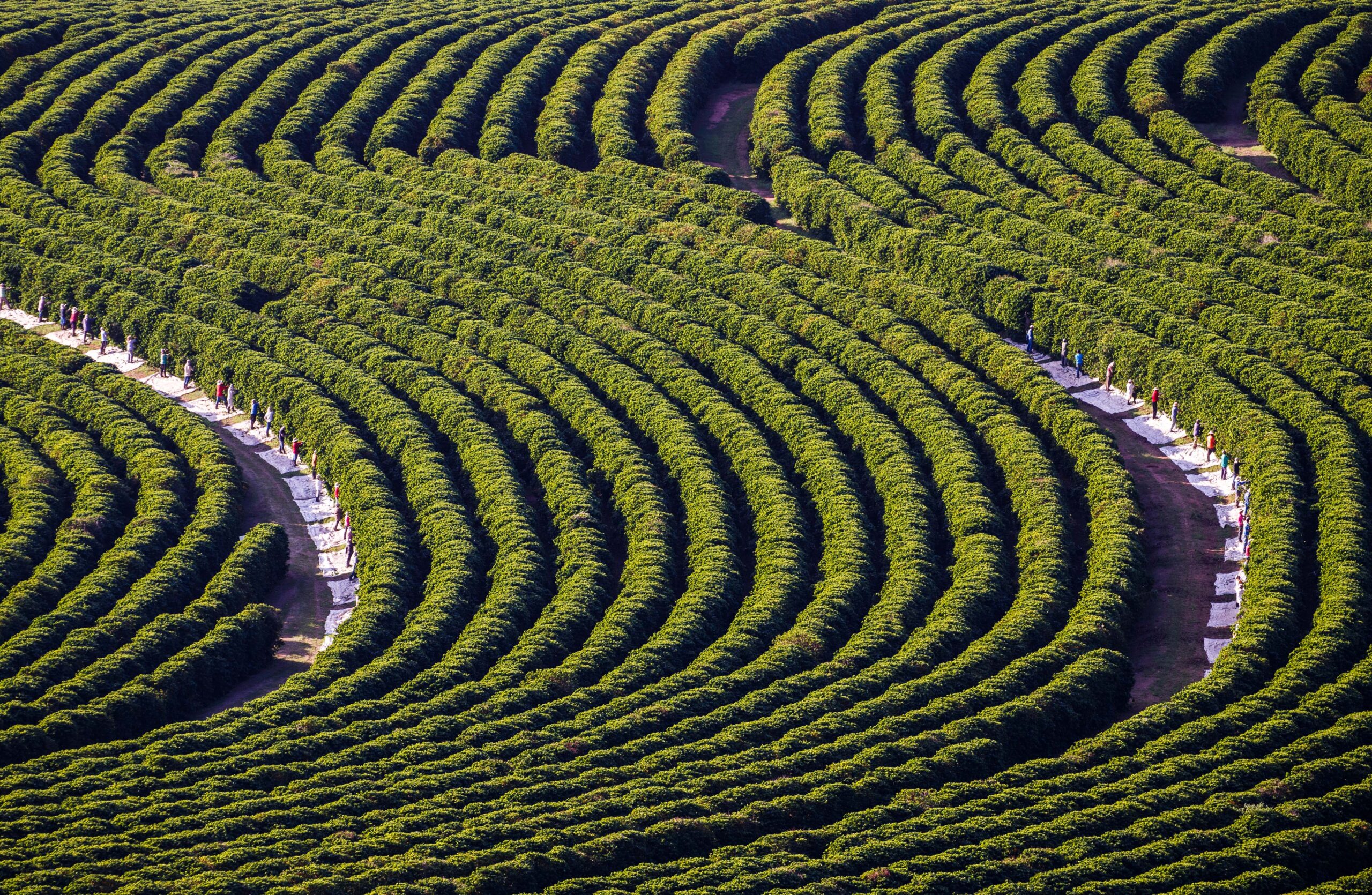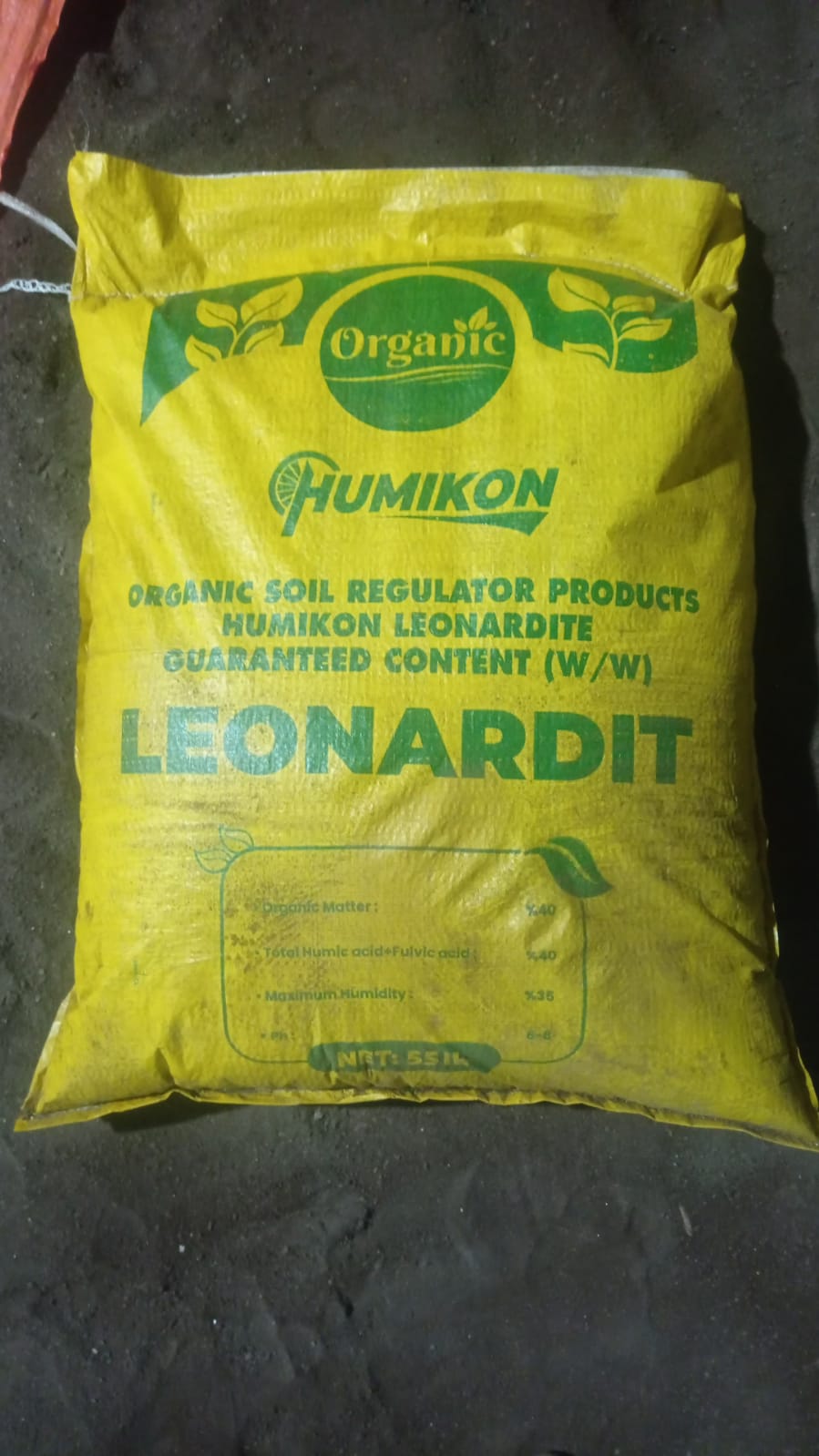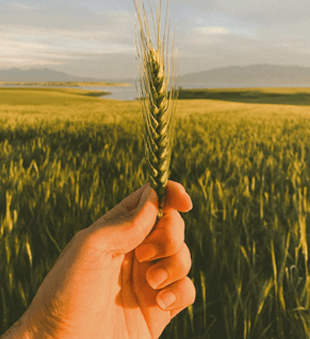Our Commitment to Sustainable Farming Read our Story
- humicas
- Our Commitment to Sustainable Farming Read our Story

A Natural Resource for Sustainability
Leonardite, a soft, brown, coal-like mineral, is an unsung hero in the quest for sustainability. Rich in humic and fulvic acids, Leonardite plays a vital role in fostering healthier soils, improving crop yields, and supporting environmentally responsible practices. Its natural properties make it a cornerstone of sustainable agriculture and environmental stewardship.
Leonardite is an oxidized form of lignite, formed over millions of years from decomposed organic matter. It is prized for its high concentration of humic substances, which enhance soil fertility and act as natural stimulants for plant growth. Leonardite is not only a valuable soil conditioner but also an eco-friendly solution for promoting sustainability.
Leonardite’s Role in Sustainability
1. Enhancing Soil Health
Leonardite improves soil structure and increases its ability to retain water and nutrients. By enhancing soil fertility and reducing erosion, it supports regenerative agricultural practices that rebuild degraded lands and ensure long-term productivity.
2. Boosting Crop Growth Naturally
The humic and fulvic acids in Leonardite act as natural plant growth stimulants. They improve nutrient uptake, strengthen root systems, and help plants resist environmental stressors. This reduces the need for synthetic fertilizers and pesticides, fostering a healthier environment and safer food production.
3. Supporting Carbon Sequestration
Soils treated with Leonardite can store more carbon, helping to reduce greenhouse gas emissions. Its ability to enhance soil organic matter supports efforts to combat climate change while improving the resilience of ecosystems.
4. Reducing Chemical Dependency
Leonardite minimizes the reliance on chemical inputs by enhancing the effectiveness of fertilizers and reducing their required quantities. This not only saves costs for farmers but also decreases the risk of environmental pollution from nutrient runoff into water systems.
5. Promoting Sustainable Practices
Using Leonardite aligns with sustainable farming principles by promoting soil regeneration, conserving water, and reducing the environmental footprint of agricultural practices. It helps growers transition to eco-friendly systems that prioritize biodiversity and long-term soil health.

Challenges for Leonardite in Sustainability
Sustainability in agriculture is not without its challenges, and Humicas is dedicated to overcoming them. We focus on:
- Limited Awareness and Education
- Resource Availability and Extraction
- Quality Variability
- Competition with Synthetic Alternatives
Overcoming Challenges for a Sustainable Future
Addressing these challenges requires a collaborative effort among producers, researchers, policymakers, and end-users. By tackling issues related to awareness, cost, regulation, and quality, Leonardite can become a cornerstone of sustainable practices, benefiting both the planet and its people.
At Humicas, we are committed to overcoming these challenges by providing high-quality Leonardite products, fostering education, and supporting sustainable solutions for a greener future. Together, we can unlock Leonardite’s full potential for sustainability.

